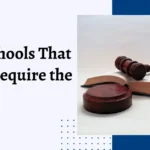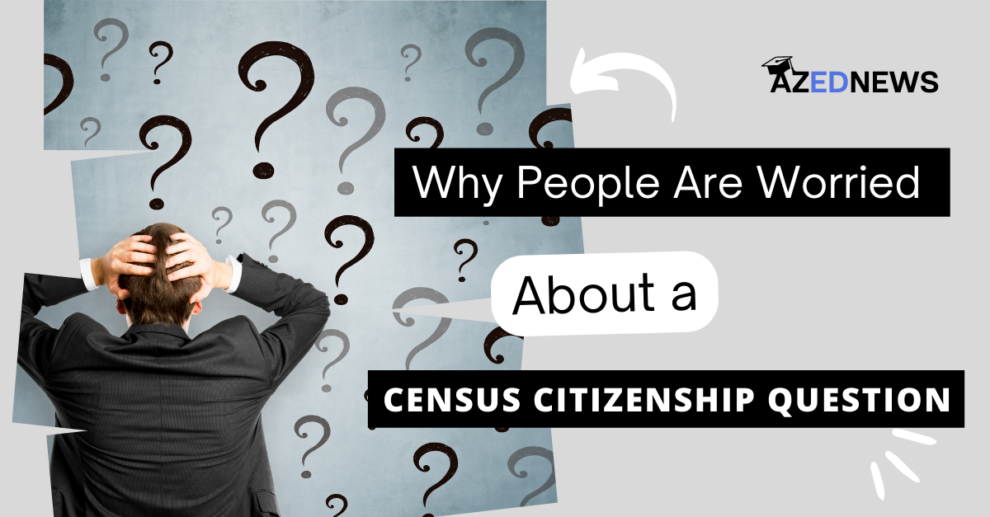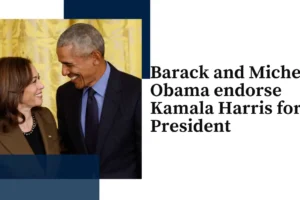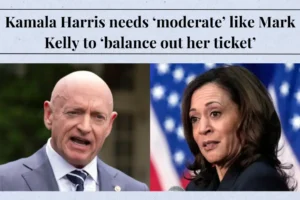Many Arizonans are concerned a Census 2020 citizenship question could make immigrants, noncitizens, Latinos and other minority groups less likely to respond, leading to an undercount.
That means Arizona would receive less than its fair share of more than $675 billion in federal funds each year that impact public schools, families and communities.
Accurate Census data is key for determining political representation as well as allocating federal funding to jurisdictions based on their demographic characteristics, needs and assets, said Lizette Escobedo, director of national census program for NALEO, the National Association of Latino Elected Officials.
“Arizona is home to disproportionate shares of populations that are most frequently undercounted, including children, Latinos and Native Americans,” Escobedo said.
- Arizona is one of the top 10 states in the nation in terms of the proportion of its population that is Native American.
- Maricopa County had the second highest net undercount of Latino children (27,000) in the nation in 2010.
- More than 900,000 Latinos live in Hard-to-Count Census tracts in Arizona.
“Although Arizona’s urban population has increased in lockstep with other states, there are still a significant number of Arizonans who reside in underdeveloped rural areas with insufficient infrastructure, including parts of the state’s large Navajo and Hopi reservations,” Escobedo said.
Related articles:
How schools & NALEO encourage census participation
What the timeline for Census 2020 looks like
Census kick-off focuses on funding, schools, political representation
Census data has ensured that Arizona receives significant shares of federal Rural Electrification and Rural Broadband Access loans to help Arizona communities stay safe, healthy, and connected, Escobedo said.
“Census data helps determine how much local Arizona governments lose in local taxes on federally-owned land and have ensured compensation for those amounts in the form of Payments in Lieu of Taxes from the Department of the Interior,” Escobedo said. “In fiscal year 2016, Arizona received more than $35 million from this program.”
The citizenship question timeline
President Donald Trump requested that a question asking people whether they are a U.S. citizen be added to the 2020 Census. The question was last included in the 1950 Census.
When U.S. Commerce Secretary Wilbur Ross thought about adding the question, Census Bureau leaders warned that past data indicated that a household with at least one noncitizen would be less likely to respond and follow-up with those households would cost at least $27.5 million, according to a CNN article.
Nearly 200 elected officials from both the Republican and Democratic parties have signed an amicus brief to urge the U.S. Supreme Court to keep the citizenship question off the 2020 Census, and the justices will rule on the issue by the end of June.
No other issue before the Supreme Court will have more direct consequences for the nation’s Latinos than the one before the Court regarding the 2020 Census, Escobedo said.
“On trial is not only the accuracy of a full Latino count, but also the foundation of our democracy. The 2020 Census will be the first in the nation’s history in which Latinos make up the nation’s second largest population group. An undercount of the Latino population would mean a failed Census for the country,” Escobedo said.
Several lower courts have blocked the plan to ask the citizenship question, with some judges ruling that asking if people are citizens would violate a U.S. Constitution provision requiring a count of the population every 10 years, regardless of citizenship status.
“The evidence in this case is clear. Three federal courts have already found that the addition of the citizenship question was done in violation of federal law and would result in an undercount of Latinos and immigrants. In a survey conducted by NALEO Educational Fund, 78 percent of Latinos stated that the inclusion of a citizenship question would make people afraid to participate in Census 2020,” Escobedo said.
If the Court finds that the three district judges erred in finding that Secretary Wilbur Ross violated the Administrative Procedures Act, future Cabinet members will be free to make arbitrary decisions at will, Escobedo said.
“By dismissing the citizenship question, the Court can make clear that politics has no home in the hallways of one of the most pre-eminent scientific agencies in the world,” Escobedo said.
This week, the Census Bureau sent out surveys similar to the 2020 Census form to 480,000 households – one version has the citizenship question on it and the other doesn’t – to help decide how to follow up with the 630,000 households it estimates will not fully complete the 2020 Census, according to a CNN article.
Today, President Trump invoked executive privilege to block Congressional representatives from accessing documents about how a citizenship question was added to the 2020 Census, before a House committee voted to hold Attorney General William Barr and Commerce Secretary Wilbur Ross in contempt of Congress over the issue, according to The New York Times and The Associated Press articles.
“Now is the time for the nation’s highest court to give the U.S. Census Bureau the clarity and certainty it needs to execute the 2020 Census by removing the citizenship question once and for all,” Escobedo said.












Add Comment